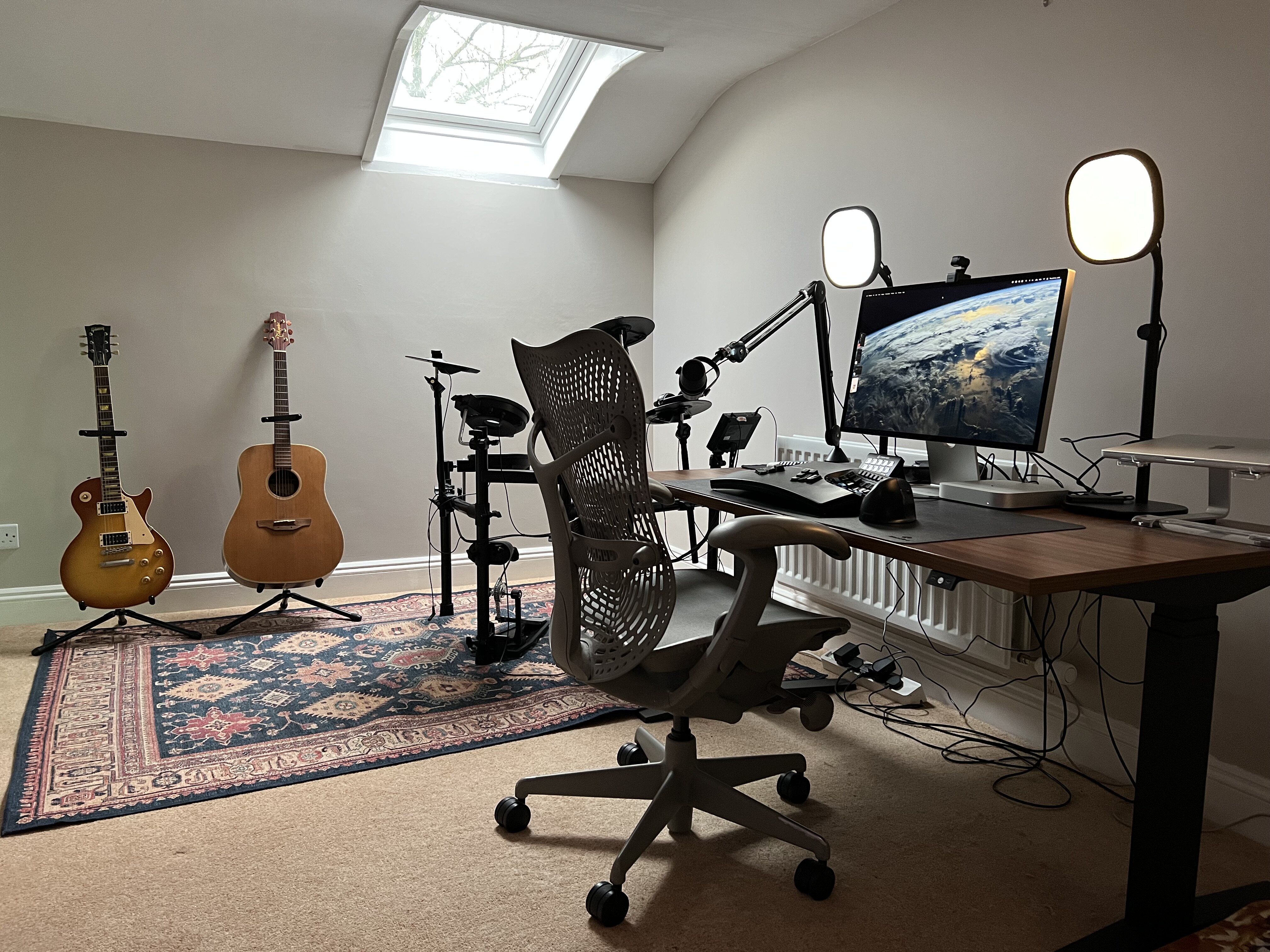TOKYO -- Individuals who use video-based social media sites as their primary news sources tend to have stronger conspiracy-theory-oriented thinking, a Japanese research company survey on media exposure and related issues has found.
The SmartNews Media Research Institute, led by director Takeshi Yamawaki, released findings on "social conflict and conspiracy theories" from the survey on Sept. 26.
The survey, conducted via mail from January to March 2025 in collaboration with academic experts, targeted 4,460 voters aged 18 to 79, and 2,117 responded to over 60 questions.
Participants were asked whether there was conflict between two different types of people across six categories. More than half of the respondents acknowledged conflicts in five categories: between employers and workers (76%), the rich and the poor (68%), political conservatives and liberals (65%), the working generation and the elderly (55%) and between men and women (55%).
The survey also measured how strong respondents' conspiracy-theory-oriented thinking was by asking them whether they agreed to certain statements. The statement eliciting the highest level of agreement (to which respondents answered "I agree" or "I somewhat agree) was, "There are many very important things happening in the world that are never disclosed to ordinary people," cited by 87%. The statement with the least agreement was, "Government authorities are strictly monitoring all citizens," at 22%.
When cross-referencing these results with other responses, it was found that over 40% of those identified as having conspiracy-theory-oriented thinking also expressed dissatisfaction with their lives, which was more than 9 percentage points higher than those not inclined toward such thinking. The proportions of those acknowledging the existence of conflicts between certain groups also tended to be higher among those with conspiracy-theory-oriented thinking.
Furthermore, an analysis of the connection with media engagement showed that individuals whose main news source was newspapers, including online versions, had relatively lower conspiracy-theory-oriented thinking. Conversely, users of video-based social media sites exhibited relatively higher levels of such thinking.
Kazutoshi Sasahara, a professor in the School of Environment and Society at the Institute of Science Tokyo and a member of the survey team, commented, "Conspiracy-theory-oriented thinking may be linked to social isolation and dissatisfaction with life. Video-based platforms in particular may have structures that reinforce conspiracy-theory perceptions through algorithms. Discussions on strengthening media literacy education and other such issues will become increasingly important."
(Japanese original by Ryota Saito, Tokyo City News Department)
.png)





